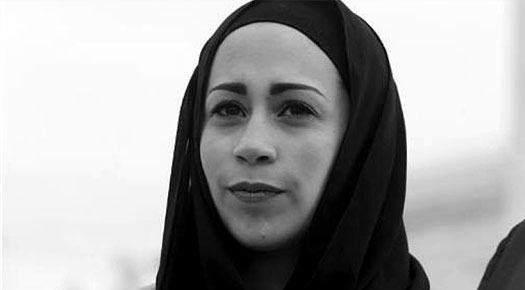
The Supreme Court is deciding the case of Samantha Elauf, a Muslim woman who was refused employment by Abercrombie & Fitch for not abiding by their dress code policy in 2008. The American retailer, according to its “look policy”, does not allow employees to wear caps or black clothing on the work floor. When Elauf was turned down for the job for failing to live up to Abercrombie and Fitch’s look policy, she decided to sue the company for violating her rights to equal employment opportunity and religious freedom.
The court case was filed by Equal Employment Opportunity Commission that alleged Abercrombie & Fitch’s hiring practices are discriminatory, and that they violate America’s civil rights laws that date back to 1964. According to those laws, it is illegal for a business to refuse employment to a person based on his or her religious belief unless of course the religious belief causes undue difficulties to the concerned business.
Abercrombie & Fitch has maintained that their look policy is unbiased and neutral towards all religions and lifestyles. A spokesperson for the company also clarified that certain appearances can deviate from a brand’s core identity, thus weakening the brand’s image and reducing its value among consumers. She also said that a business has the right to do whatever it takes to promote its sales – in this case, not hire Elauf because her sense of dressing could adversely affect Abercrombie & Fitch’s business in the future.
Earlier, Elauf had won the case at the district level while Abercrombie & Fitch managed to win some favour at the federal appeals court, which ruled despite Elauf wearing a headscarf at the interview, she had never mentioned the religious article to be part of her clothing, thus making it impossible for the company to discriminate against her because of it.
The Supreme Court heard an hour-long argument of the case on February 25 but its verdict is pending, as that will not be delivered before June of this year.
Elauf has won the support of Jews, Christians, Sikhs and Muslims, all of whom believe such discriminatory hiring policies should be wiped out. Various civil rights advocates and religious organizations decided to file friend-of-the-court briefs in favour of Elauf in mid-February.
Photo Credits: International Business Times
